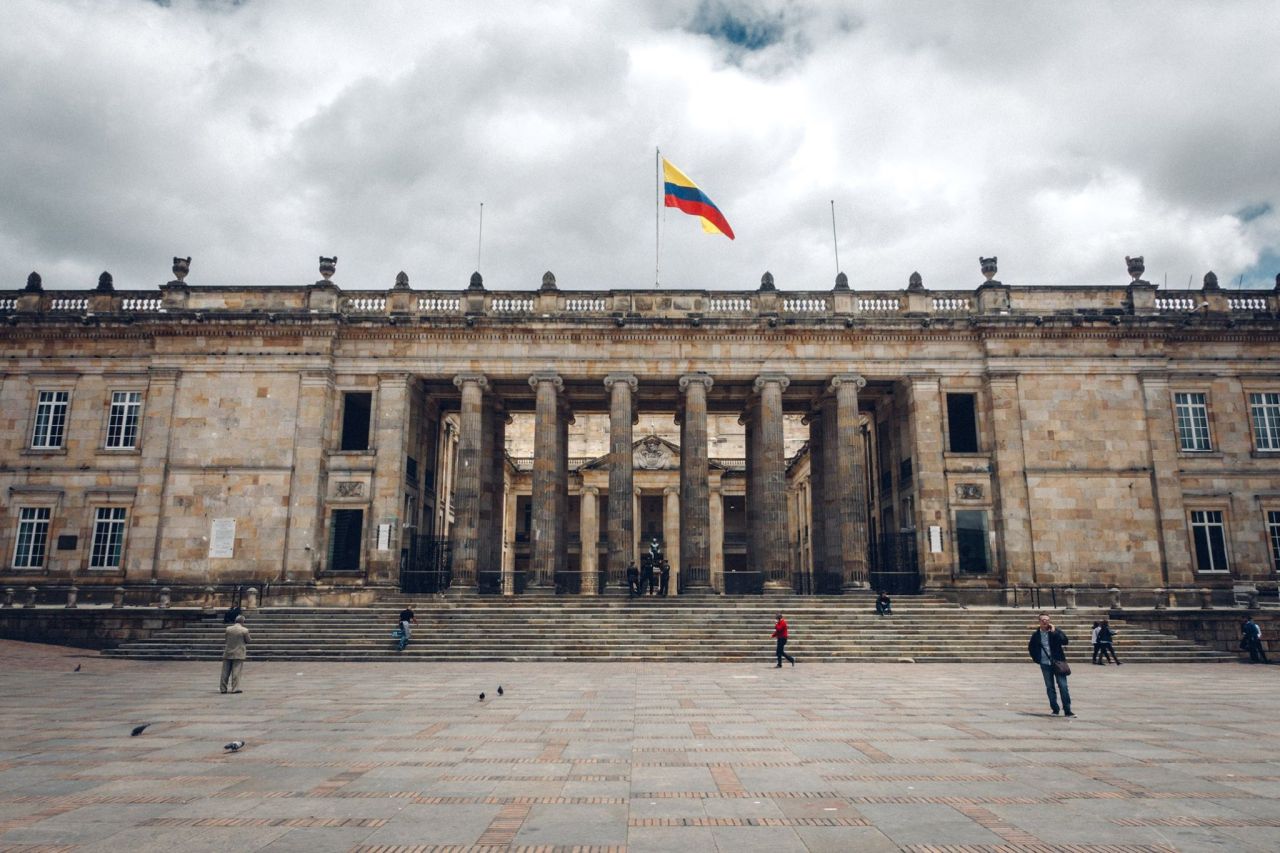Colombia has come a long way as a country and as a place to do business. The sensationalized version of Colombia that Narcos depicts is no longer accurate, though the reputation lives on.
Colombia’s history is long and complicated, filled with violent groups trying to control the country’s lucrative drug trade. But there’s so much more to Colombia than just drugs. 2017’s historic peace agreement between the Colombian government and the FARC, the largest guerrilla group, is a potential inflection point in Colombia’s history. And if I had to bet on a single Latin American country for the next 10-15 years, Colombia would be my pick.
Though many think it’s coffee, Colombia’s largest export is actually petroleum, which makes up over a third of the country’s exports, followed by coal, coffee, cut flowers, and gold. Coffee, however, was responsible for pushing Colombia toward a manufacturing based economy. After the War of a Thousand Days, which ended in 1902, Colombia’s coffee boom pushed the country to seek better transportation and manufacturing mechanisms.
Coffee production consistently grew in the 20th century, employing more than 500,000 families. While the government managed Colombia’s economy conservatively, the the political atmosphere turned increasingly unstable, corrupt and violent from the drug trade.
In 1991 the country adopted a new constitution. The motive for this wasn’t necessarily economic, but rather political, in order to make peace and bring drug lords to justice. Colombia remained relatively stable economically until the late 1990s when fiscal deficits cause a higher public debt which resulted in the country’s first economic recession in over 60 years. But by the early 2000s, the economy began to recover, due to high petroleum prices and stable coffee prices. (more…)

